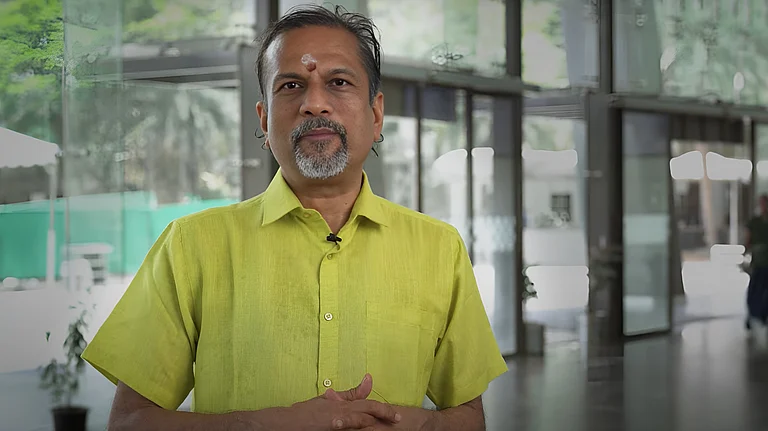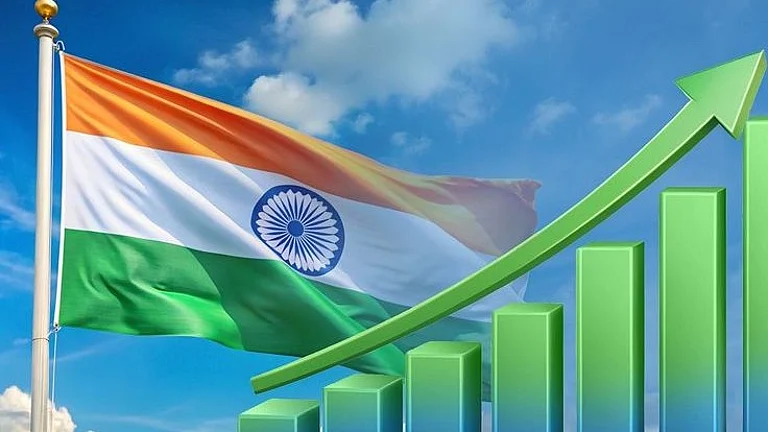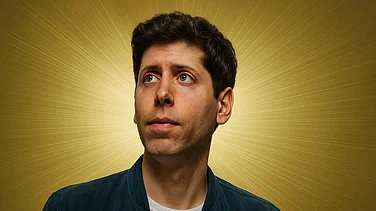Sridhar Vembu, founder of Zoho, has issued a cautionary note to software developers, warning that the era of continuously rising compensation for tech roles may not last indefinitely.
Emphasising the need to remain vigilant about technological changes, Vembu stated: “I have often said this to our employees: the fact that software engineers get paid better than mechanical engineers or civil engineers or chemists or school teachers is not some birthright and we cannot take that for granted, and we cannot assume it will last forever. The fact that customers pay for our products also cannot be taken for granted.”
The Padma Shri recipient further noted that the industry must brace for a productivity revolution he anticipates in software development driven by large language models (LLMs) and advanced tooling. “This is sobering but necessary to internalise,” he remarked.
Highlighting the impact of emerging technologies, Vembu cautioned that AI tools such as large language models and advanced development platforms could significantly reduce demand for traditional software-development roles.
“The productivity revolution I see coming to software development (LLMs + tooling) could destroy a lot of software jobs. This is sobering but necessary to internalise,” he noted.
In a post last month, he discussed AI’s emerging influence on the job landscape: “Vendors are promising large savings from eliminating jobs using AI, but according to the study linked below, the labour-market impact of AI is ‘small’ — at least so far. The field is moving fast, and I personally believe there will be impact, but we have not seen it yet. It’s always good to be aware of hype vs reality when evaluating any technology.”
Vembu further stressed the importance of not taking customer willingness to pay for software products for granted, urging technology professionals to remain vigilant about their value proposition.
Quoting former Intel CEO Andy Grove, he reiterated: “Only the paranoid survive. This is to remind ourselves that we can be disrupted — and the more we assume we won’t be, the more likely we will be.”

































